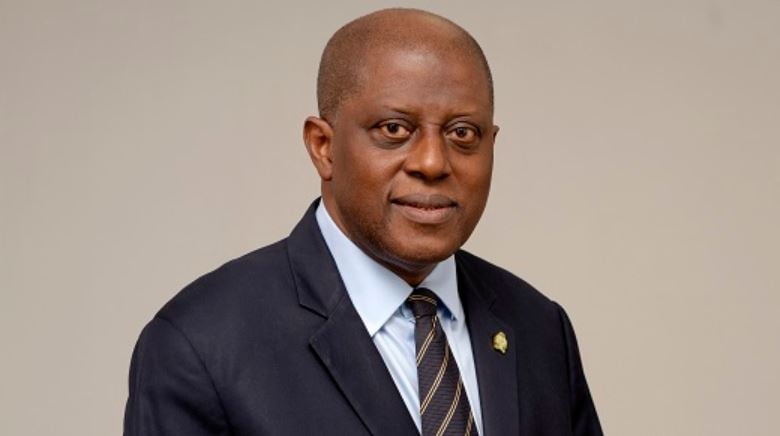At the recently concluded annual meetings of the International Monetary Fund and the World Bank Group in Washington, D.C., Nigeria received global recognition for its ongoing economic transformation. During the sessions, international stakeholders applauded the nation’s bold reform efforts and commended its steady pursuit of economic reforms. This acknowledgment marked a significant shift in perception as the country continues to rebuild investor confidence and chart a path toward long-term stability.
The meetings gathered global financial leaders, development experts, and policymakers to review progress on economic recovery and stability. Among the major discussions was the resilience of developing economies in the face of global shocks. Nigeria stood out for its determination to restructure fiscal management, improve monetary discipline, and strengthen financial governance. Delegates agreed that despite short-term challenges, the results of the current policy direction are becoming evident across key sectors.
Representatives from international organizations noted that Nigeria’s economic reforms are beginning to yield tangible outcomes. The removal of unsustainable subsidies, the harmonization of foreign exchange rates, and the renewed drive for revenue generation have created a more transparent financial environment. Investors, who once watched with caution, now see clearer policy signals and stronger institutional credibility. These positive developments earned Nigeria a clean bill of health from global observers, reflecting growing confidence in its recovery path.
On the sidelines of the meetings, several African countries were also praised for their resilience amid global turbulence. However, Nigeria’s story attracted special attention because of its rapid policy shift under the new economic leadership team. The boldness of its decisions, particularly in monetary and fiscal coordination, drew respect from both regional and global partners. Observers described Nigeria’s approach as a strong example of how decisive leadership can stabilize an economy facing multiple headwinds.
Under the leadership of Yemi Cardoso, the Central Bank of Nigeria has taken critical steps to restore credibility in monetary policy. His commitment to transparency and consistency has begun to rebuild confidence among investors and financial institutions. The CBN’s collaboration with fiscal authorities has helped create a unified framework for managing inflation, strengthening the naira, and encouraging investment inflows. Cardoso’s disciplined approach has been recognized internationally as a turning point for Nigeria’s financial system.
At the same time, the Nigerian government continues to emphasize inclusive growth and job creation. Economic reforms have been designed not only to stabilize prices but also to stimulate real sector productivity. Across manufacturing, agriculture, and technology, new investment opportunities are emerging. These developments, according to global financial experts, reflect the early success of Nigeria’s coordinated reform strategy.
Delegates at the meetings noted that the road ahead remains demanding but achievable with sustained effort. They encouraged Nigeria to stay committed to fiscal prudence, institutional independence, and market transparency. Many expressed optimism that, if maintained, these reforms will position the country as one of Africa’s most attractive investment destinations.
The warm reception Nigeria received at the IMF and World Bank meetings signaled renewed global trust in its direction. It also reaffirmed that responsible policy choices can rebuild credibility, even after years of uncertainty. For many observers, Nigeria’s steady progress offers hope to other nations navigating similar economic turbulence.
As global markets continue to shift, Nigeria’s challenge will be to sustain this momentum and deliver tangible improvements to citizens. Yet, with its current focus on accountability, innovation, and fiscal discipline, the country appears firmly on course. The international endorsement in Washington was more than symbolic—it reflected a collective belief that Nigeria’s economic reforms are not only working but also setting a standard for responsible governance in a changing world.




